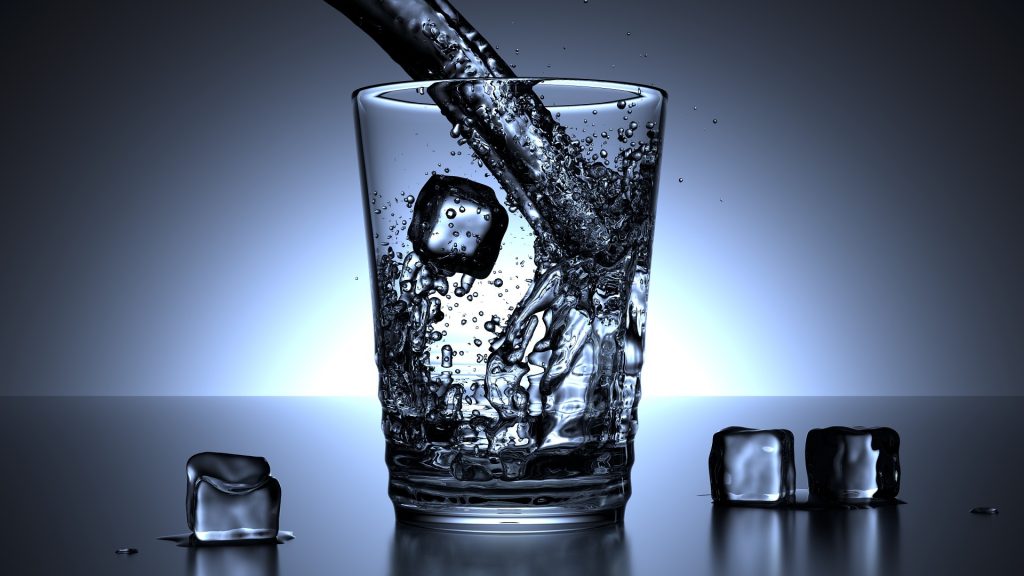Dec . 14, 2024 19:47 Back to list
High-Density Polyethylene Pipes for Durable and Efficient Water Management Solutions
The Advantages and Applications of HDPE Pipes in Modern Infrastructure
High-Density Polyethylene (HDPE) pipes are becoming increasingly popular in various applications due to their unique properties, durability, and cost-effectiveness. These pipes, made from high-density polyethylene, are renowned for their remarkable strength-to-density ratio, which makes them suitable for a wide range of infrastructures. This article explores the advantages of HDPE pipes and their applications in modern society.
Exceptional Durability
One of the standout features of HDPE pipes is their exceptional durability. They are resistant to corrosion and rust, making them ideal for transporting a variety of fluids, including water and chemicals. Unlike traditional materials such as metal or concrete, HDPE does not degrade over time due to environmental factors, which significantly reduces maintenance costs. Additionally, these pipes can withstand a wide range of temperatures, making them suitable for both hot and cold applications.
Lightweight and Easy to Handle
HDPE pipes are significantly lighter than their counterparts, such as PVC or metal pipes. This lightweight nature makes transportation, handling, and installation simpler and more efficient. The reduced weight also translates to lower labor costs during installation, as fewer workers are needed to maneuver the pipes. The ease of installation encourages quicker project completion, thus saving time and resources in construction and infrastructure projects.
Flexibility and Versatility
HDPE pipes offer a high degree of flexibility, enabling them to bend without breaking. This flexibility is advantageous in various applications, particularly in areas with unstable soil conditions where traditional pipes might crack or break. Furthermore, HDPE can be fused together using heat, creating seamless joints that enhance the system's integrity and lower the risk of leaks. This versatility means that HDPE pipes can be used for multiple applications, including water distribution, sewage systems, irrigation, and gas distribution.
hdpe pipes product

Resistance to Chemical Damage
In industries that involve the transport of hazardous materials, HDPE pipes present a significant advantage due to their chemical resistance. Unlike other materials, HDPE can handle a wide range of chemicals without degrading. This characteristic makes HDPE pipes an ideal choice for chemical processing plants, landfills, and other environments where exposure to aggressive substances is common. The longevity and durability of these pipes ensure that they maintain their performance, reducing the risks associated with leaks or failures in hazardous environments.
Environmental Benefits
The sustainability of HDPE pipes also contributes to their growing popularity. They can be manufactured with recycled materials, reducing the environmental footprint associated with new pipe production. Moreover, their long lifespan significantly contributes to waste reduction, as fewer replacements are necessary over time. The energy efficiency of HDPE in its production and installation further underscores its eco-friendly attributes.
Cost-Effectiveness
While the initial cost of HDPE pipes may be comparable to traditional materials, their long-term benefits often outweigh the upfront expenses. The durability and low maintenance requirements of HDPE translate into significant savings over time. Additionally, the ease of installation and reduced labor costs contribute to overall project affordability, making HDPE pipes a wise investment for various infrastructure projects.
Conclusion
In conclusion, HDPE pipes stand out as an innovative solution for modern infrastructure needs. With their exceptional durability, lightweight properties, flexibility, chemical resistance, and environmental benefits, they are an excellent choice for a wide range of applications. As industries continue to seek sustainable and cost-effective materials, HDPE pipes are poised to play a pivotal role in shaping the future of infrastructure development. By embracing this advanced material, communities and organizations can look forward to more efficient, resilient, and environmentally friendly solutions for their piping needs. Whether for water distribution, sewage management, or industrial applications, HDPE pipes are revolutionizing the landscape of modern construction and engineering.
-
High-Quality PVC Borehole Pipes Durable & Versatile Pipe Solutions
NewsJul.08,2025
-
High-Quality PVC Perforated Pipes for Efficient Drainage Leading Manufacturers & Factories
NewsJul.08,2025
-
High-Quality PVC Borehole Pipes Durable Pipe Solutions by Leading Manufacturer
NewsJul.08,2025
-
High-Quality PVC Borehole Pipes Reliable PVC Pipe Manufacturer Solutions
NewsJul.07,2025
-
High-Quality UPVC Drain Pipes Durable HDPE & Drain Pipe Solutions
NewsJul.07,2025
-
High-Quality Conduit Pipes & HDPE Conduit Fittings Manufacturer Reliable Factory Supply
NewsJul.06,2025

